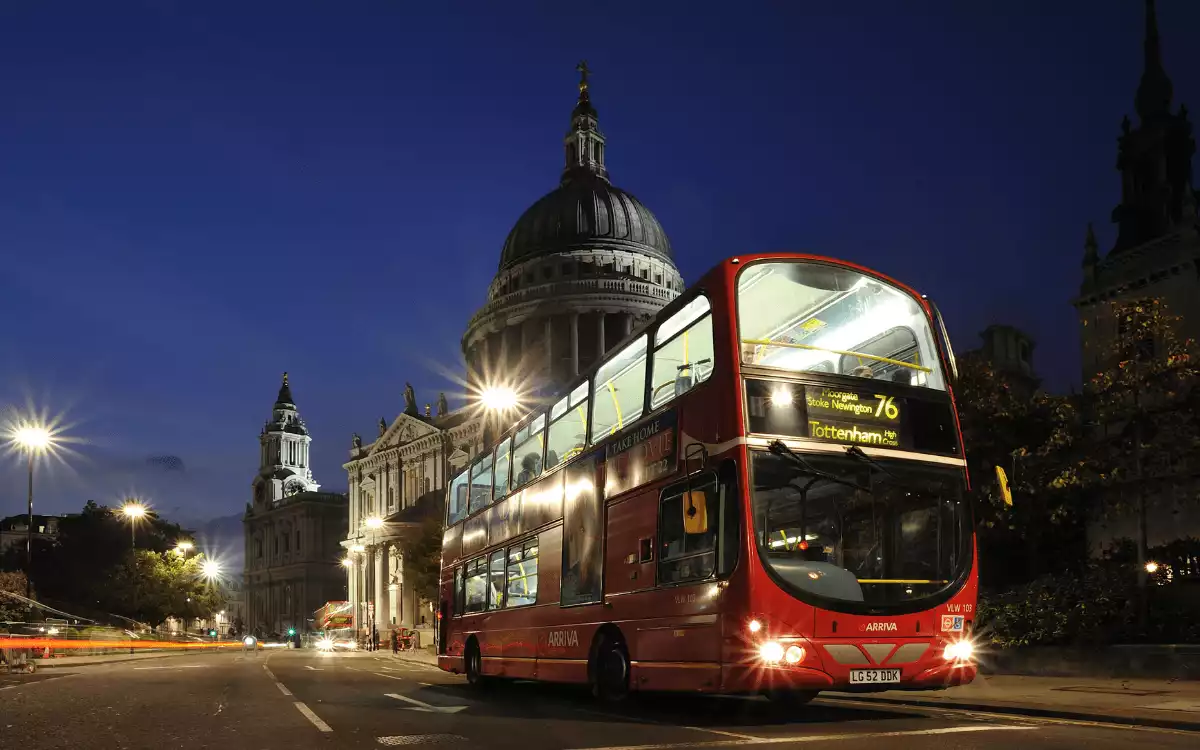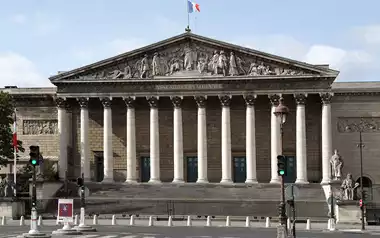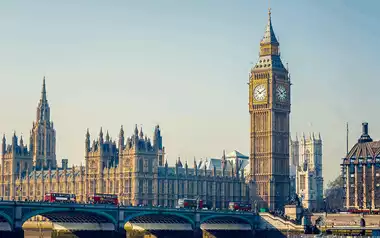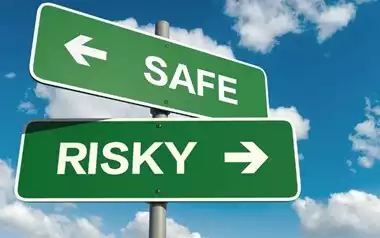The Frontline Of A Gambling Crisis
The debate over gambling advertising on London’s public transport has resurfaced. New data revealed higher gambling participation rates in the capital compared to most parts of the UK.
Last week’s annual report by the UK Gambling Commission (UKGC) found that 50% of adults in London had gambled in the past 12 months, while 37% reported gambling in the last four weeks. These figures, which are higher than those in most other regions, have intensified calls for Mayor Sadiq Khan to remove gambling advertisements from the Transport for London (TfL) network, including buses, trains, and Underground stations.
Krupesh Hirani, Labour’s health spokesman and a London Assembly Member, described London as “the frontline of the nation’s gambling crisis”. Speaking to the Local Democracy Reporting Service (LDRS), he said that economic pressures, such as the cost of living, housing pressures, and deprivation, are driving more Londoners to gamble.
Hirani has renewed his call for a ban on gambling advertising across TfL’s network. His renewed intervention comes after the debate went quiet in March, when the Mayor delayed plans for a gambling advertising ban while awaiting government-led research.
Hirani referenced the 2019 ban on fast food advertising in London, which was implemented following the government's health guidance. Hirani noted that the Mayor was able to ban fast food adverts due to the verified health guidance and bemoaned that similar advice doesn’t currently exist for gambling.
Manifesto Pledge
Mayor Khan made a pledge in his 2021 manifesto to remove gambling adverts from the London Underground. The pledge has not yet been implemented. Khan’s office has stated that he is awaiting national guidance and research before introducing local policy changes.
A London Assembly Health Committee report in March last year noted that the city’s rate of problem gambling is nearly double the national average. Khan’s team also warned that a regional ban could face legal challenges because what exactly constitutes harmful gambling advertising has not been defined.
At a recent round-table meeting with BetKnowMore, a gambling support charity, Hirani discussed the potential creation of a London-wide action group. The group would bring together public-health experts, local councils, and TfL officials. They would share data with each other and develop consistent policies to reduce gambling harm. Hirani said such an initiative could allow the capital to take action where national policy has failed.
No Plans For Regional Change
The Department for Digital, Culture, Media and Sport (DCMS) maintains that it does not currently plan to create legislation for banning gambling advertising. A spokesperson told the LDRS that the DCMS recognises that more work is required to regulate gambling advertising.
The regulated betting and gaming industry, according to a spokesperson for the Betting and Gaming Council, generates £2.2 billion for the London economy, supporting 28,000 jobs. Transport for London’s advertising spaces, which reach millions of passengers every day, have increasingly been used to influence public behaviour. The spaces have been used to promote healthy eating and cycling. Advocates for a ban on gambling advertisements argue that they contribute to normalising gambling.










